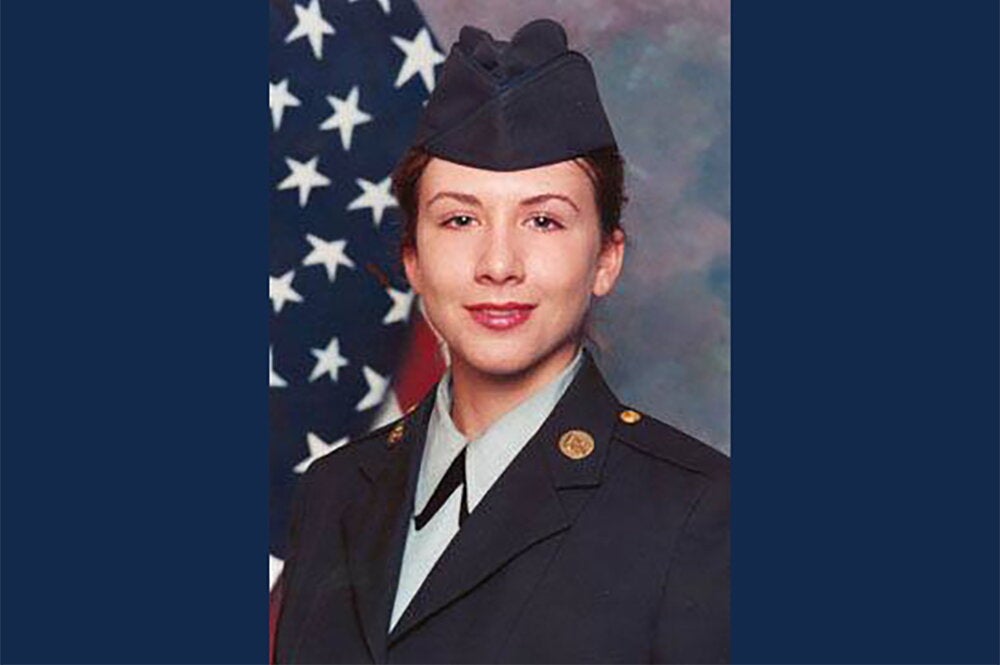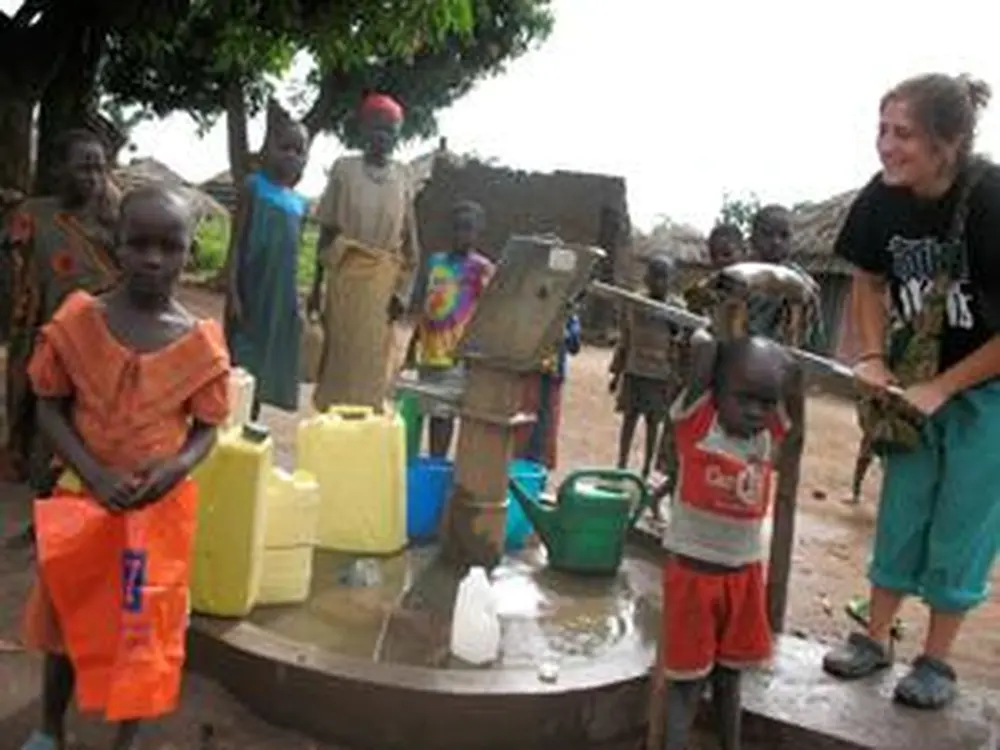
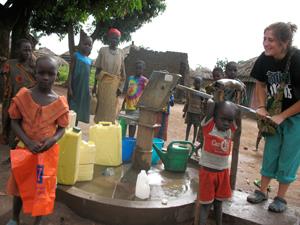
They were called “night commuters.” Thousands of children in Uganda would walk for miles every single night to reach the safety of the nearest town, where they could sleep with less risk of abduction. When daylight came, the children would hike back home, and the next night the search for safety would begin all over again. They had good reason for fear: Children as young as eight years old were being abducted to fight in the Lord’s Resistance Army, or LRA.
Joseph Kony’s LRA terrorized northern Uganda for over 20 years until peace talks finally began in 2006. But after years of abduction and brutality, the country was left in tatters.
Jessica Loiacono, an LAS senior in international studies, went to northern Uganda in the summer of 2009, and she recalls that “everyone had a story. Everyone I talked with had a brother who was abducted, had been abducted themselves, or had a family member killed in front of them.”
Motivated by the trip to Uganda, Loiacono hopes to devote her life to fighting poverty in various parts of the world. And it’s her devotion to Uganda and other African countries that has earned her the 2011 International Undergraduate Achievement Award from the University of Illinois.
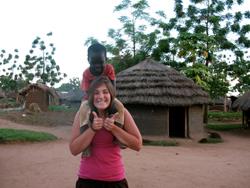
According to Loiacono, the 2006 movie Invisible Children brought much-needed attention to the plight of the night commuters and child soldiers of Uganda. It also inspired the creation of the student group, Invisible Conflicts. Loiacono is active with the U of I chapter of Invisible Conflicts, which works with Peace Together Uganda to pay for the annual school fees of 20 children orphaned during the civil war.
Loiacono explains that when Kony was terrorizing northern Uganda, the government had difficulty determining who was a rebel and who was not, so many innocent people in the north wound up being sent to Internally Displaced Persons’ camps.
“The problem is that northern Uganda is primarily agricultural,” she explains. “So if you take people off their farms, they no longer have a way to feed themselves. Displaced people have been going back to their homes, but they’re finding that their farms are either destroyed or someone has taken their land.”
In addition to losing land, many families also lost the men of their household—casualties of the conflict. Loaicono says she will never forget one Ugandan family in which an 80-year-old woman was left to raise her numerous orphaned grandchildren. The family was barely surviving on just one meal per day.
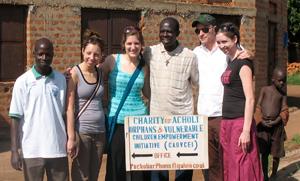
Loiacono grew up in Wheaton, Ill., but it was a service trip to Jamaica that first opened her eyes to poverty. “Just seeing the poverty there made me angry,” she says. “Since then, I’ve always wanted to do something about it.”
Loiacono also did work in Peru, and she studied in Senegal, West Africa, during the fall semester of 2010. In Senegal, she did research on microfinance systems, which aim to help people obtain small loans to work themselves out of poverty.
In addition, she helped Peace Together Uganda by writing a successful $20,000 grant to the United States Agency for International Development (USAID), which agreed to finance the construction of a pig farm in Pajule, Uganda. Sale of the pigs will provide a stable source of income for the Ugandan outreach organization.
Loaicono says her next plan is to go to graduate school and eventually work her way to a position with USAID. In the meantime, she and other U of I students will continue to work with Peace Together Uganda, which is run by Father Leonsyo Akena, a priest who has his own incredible story of family survival. His brothers were abducted and forced to fight in Kony’s army, but later escaped.
“People in Uganda are now moving forward with their lives,” Loiacono says. “Father Leonsyo has so many ideas, and that gives them hope. They have so much hope for the future.”

